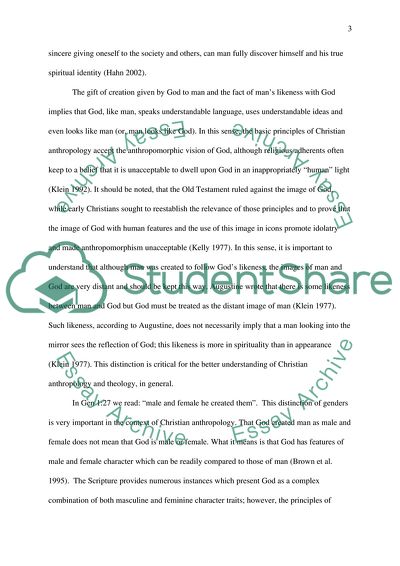Cite this document
(Imago Dei Doctrine's Principles Assignment Example | Topics and Well Written Essays - 1500 words, n.d.)
Imago Dei Doctrine's Principles Assignment Example | Topics and Well Written Essays - 1500 words. https://studentshare.org/religion-and-theology/1739782-theology
Imago Dei Doctrine's Principles Assignment Example | Topics and Well Written Essays - 1500 words. https://studentshare.org/religion-and-theology/1739782-theology
(Imago Dei Doctrine'S Principles Assignment Example | Topics and Well Written Essays - 1500 Words)
Imago Dei Doctrine'S Principles Assignment Example | Topics and Well Written Essays - 1500 Words. https://studentshare.org/religion-and-theology/1739782-theology.
Imago Dei Doctrine'S Principles Assignment Example | Topics and Well Written Essays - 1500 Words. https://studentshare.org/religion-and-theology/1739782-theology.
“Imago Dei Doctrine'S Principles Assignment Example | Topics and Well Written Essays - 1500 Words”. https://studentshare.org/religion-and-theology/1739782-theology.


